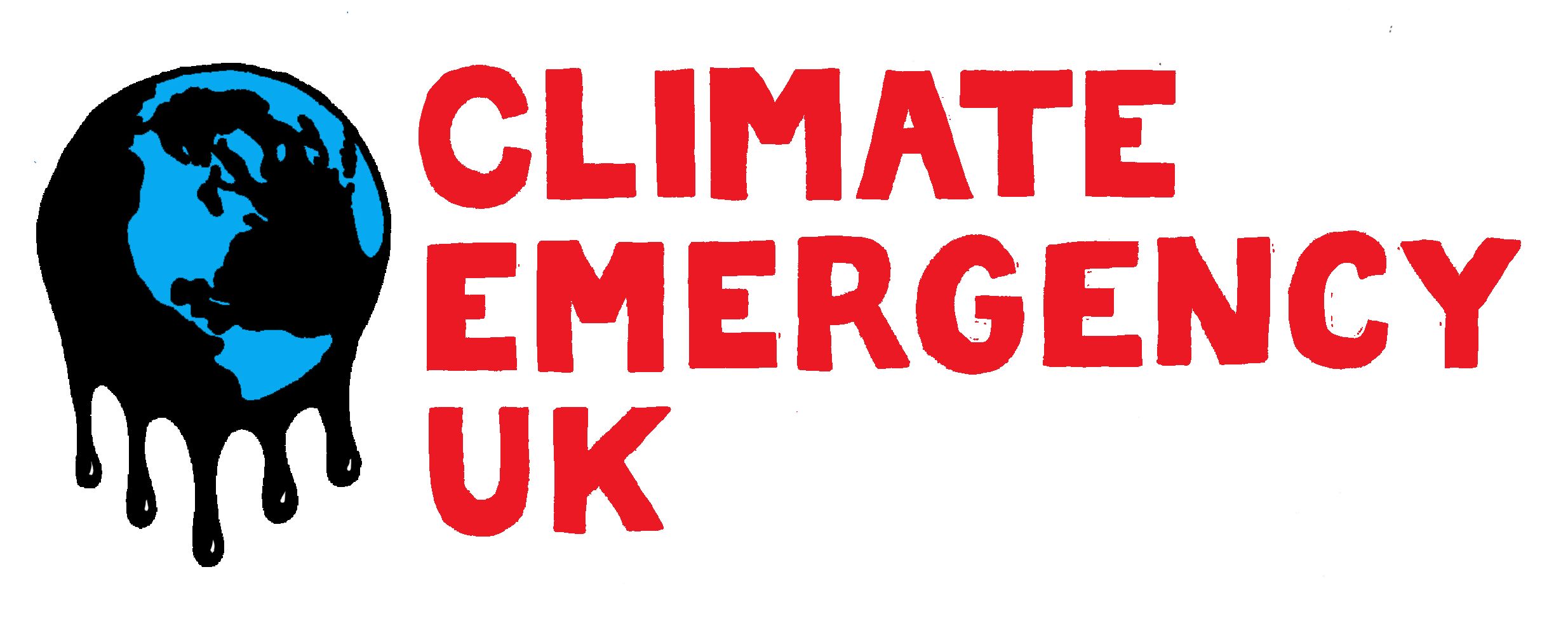Canterbury Christ Church University and the Christ Church Students’ Union (CCSU) have joined with other organisations across the globe to declare a climate emergency.
Around 7,000 other networks of higher and further education institutions from across six continents have signed a letter to take action against the growing threat of climate change.
The letter, organised by the Environmental Association for Universities and Colleges, which includes a three-point plan, aims to call on governments and other education institutions to join and declare a climate emergency and back this up with actions that will help create a better future for both people and the planet.
The three point plan includes committing to going carbon neutral by 2030 or 2050 at the very latest, mobilising more resources for action-oriented climate change research and skills creation and increasing the delivery of environmental and sustainability education across curricula, campus and community outreach programmes.
Vice-Chancellor Professor Rama Thirunamachandran, said: “For many years, the University has been deeply committed to social, environmental and financial sustainability at a strategic and operational level and we have been recognised nationally and internationally for this.
“As a University we are committed to working together with our Students’ Union to reduce our operational carbon emissions.”
 From right: Vice-Chancellor Professor Rama Thirunamachandran, Director of Sustainability Peter Rands and Students’ Union President Phil Kloppenborg.
From right: Vice-Chancellor Professor Rama Thirunamachandran, Director of Sustainability Peter Rands and Students’ Union President Phil Kloppenborg.
Christ Church Students’ Union President Phil Kloppenborg, also commented: “It is vitally important for the Union and the University to show a dedication to the climate emergency that we find ourselves in. Signing the climate emergency letter is a fantastic first step demonstrating our shared commitment to the environment and future sustainability.
Last month the University achieved a First Class award in the 2019 People and Planet league table, coming 17th out of the 154 universities and colleges assessed, a rise of four places since the league table was last published in 2017.
Compiled through a mix of publicly available information and data submitted to the Higher Education Statistics Agency (HESA) Estates Management Record, it covers a wide variety of areas, including policy, ethical investment, workers’ rights, education, food and many core environmental issues.
The award reflects the significant and ongoing work the University has undertaken over the last few years, including:
- 24% reduction in gas and electricity consumption between 2010 and 2016
- one of the first universities to commit to, and achieve, ‘zero waste to landfill’
- fully divested from fossil fuels
- became one of the first universities to achieve the new, more rigorous, specifications for ISO14001 Certification for environmental management
- last year we won a prestigious International Green Gown Award in the Continuous Improvement category.
